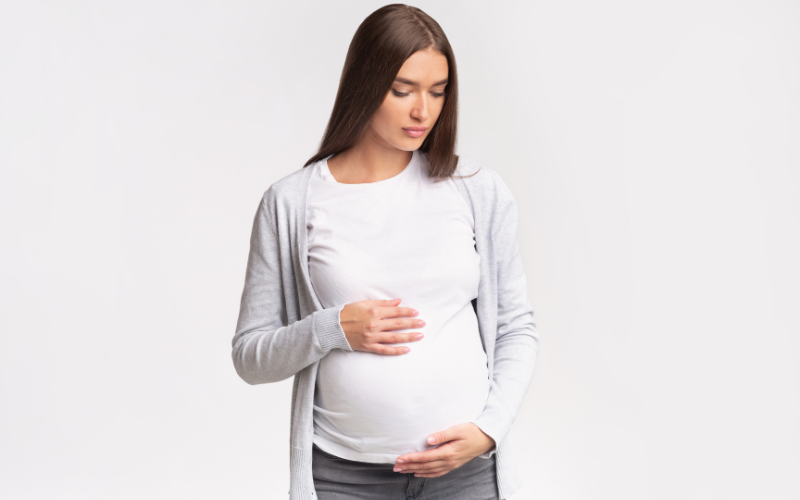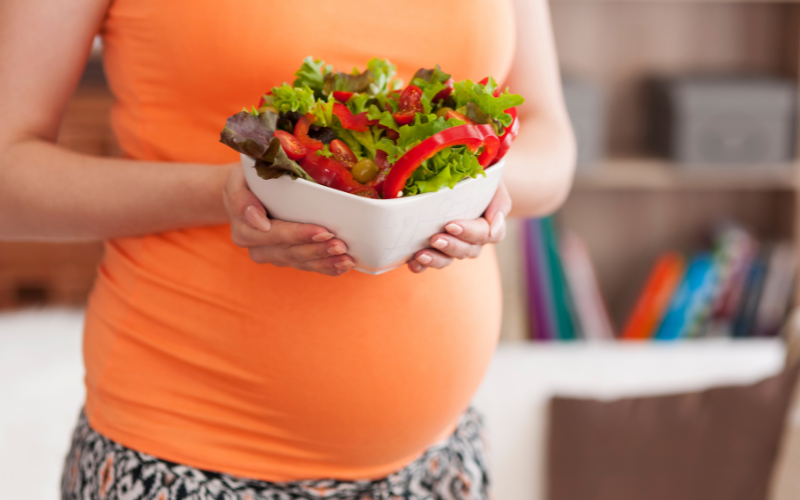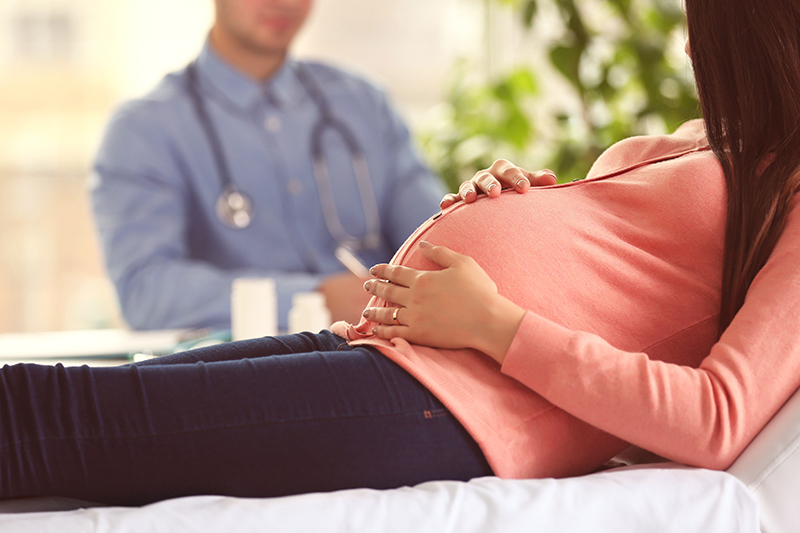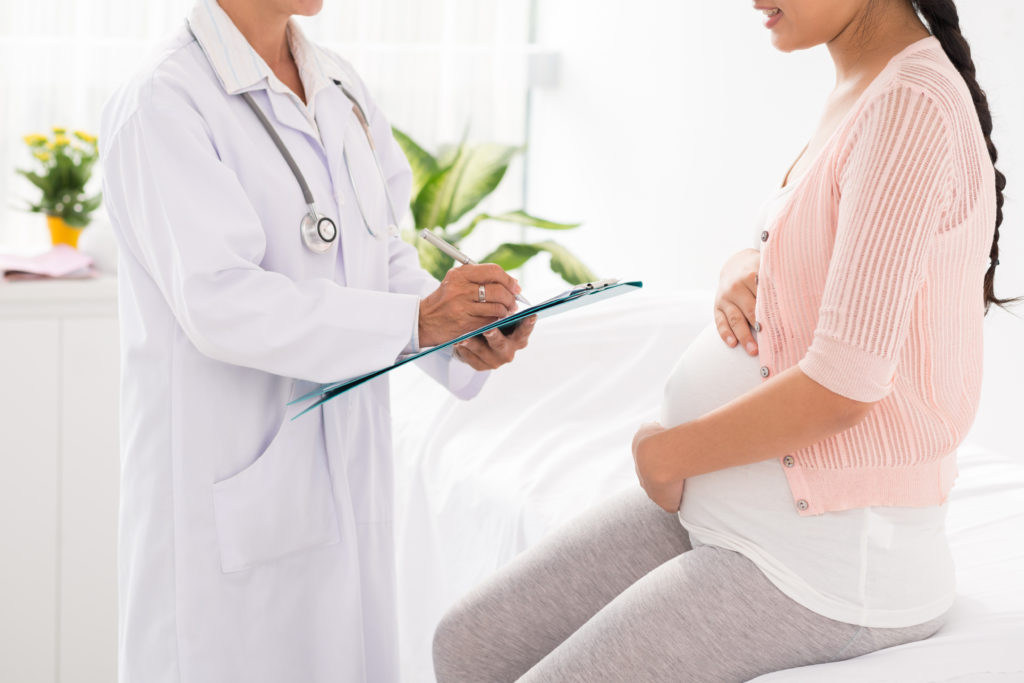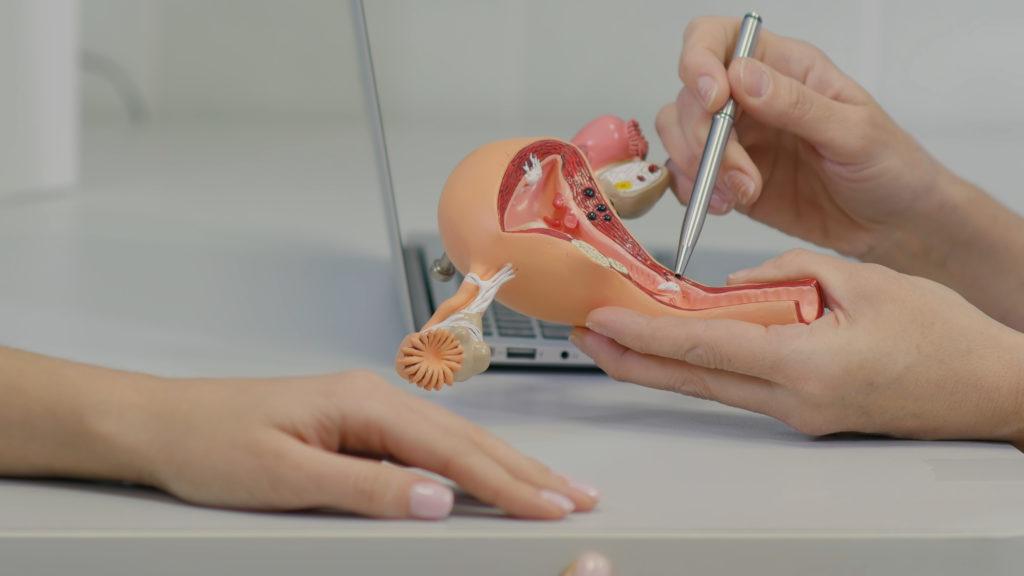Author – Dr. Suhasini Inamdar MBBS, MS (OBG)
Consultant – Obstetrician & Gynaecologist at Motherhood Hospital Indiranagar, Bangalore
Endometriosis is a chronic condition that affects millions of women worldwide. It is characterized by the growth of endometrial tissue outside of the uterus, leading to a host of symptoms that can be debilitating and interfere with daily life. In this blog, we will discuss the definition and causes of endometriosis, the symptoms and diagnosis of the condition, and the treatment options available for managing it. We will also explore the impact of endometriosis on women’s lives and the need for more awareness and research in the field.
Endometriosis is defined as the growth of endometrial tissue outside of the uterus. The exact cause of endometriosis is not known, but there are several theories that have been proposed.
Causes Of Endometriosis
The exact cause of endometriosis is not known, but several theories have been proposed to explain the development of the condition. These include:
- Retrograde menstruation: This theory suggests that menstrual blood containing endometrial cells flows backwards through the fallopian tubes and into the pelvic cavity, where it implants and grows.
Immune system dysfunction: This theory suggests that the body’s immune system is unable to recognize and destroy endometrial tissue that has grown outside of the uterus. - Lymphatic or hematogenous spread: This theory suggests that endometrial cells may spread to other parts of the body through the lymphatic or blood vessels.
- Induction by environmental toxins: This theory suggests that exposure to certain environmental toxins may cause endometrial tissue to grow outside of the uterus.
- Genetic factors: Some studies have suggested that endometriosis may have a genetic component, and that certain genetic variations may increase a woman’s risk of developing the condition.
- Stem cells: Recently, some studies have been done to show that endometrial tissue outside of the uterus, may originate from stem cells present in the peritoneal cavity.
Symptoms of endometriosis
Symptoms of endometriosis can vary from person to person and can range from mild to severe. Some common symptoms of endometriosis include:
- Pelvic pain: One of the most common symptoms of endometriosis is pelvic pain. This pain can be felt in the lower abdomen, back, and pelvis, and can be severe, especially during menstrual periods. The endometriosis pain can also be present throughout the month, not only during periods.
- Heavy or irregular periods: Women with endometriosis may experience heavy or irregular periods, with bleeding that lasts longer than usual or is more intense than usual.
- Infertility: Endometriosis can cause infertility by affecting the ovaries, fallopian tubes, and uterus, making it difficult for eggs to travel to the uterus, and for the fertilized egg to attach to the uterus.
- Painful intercourse: Endometriosis can cause pain during intercourse due to the growth of endometrial tissue outside of the uterus, which can cause pain and discomfort in the pelvic area.
- Fatigue and depression: Endometriosis can also cause fatigue and depression due to chronic pain and the stress of living with a chronic condition.
Bowel and bladder problems: Endometriosis can cause bowel and bladder problems, such as pain during bowel movements, constipation, and diarrhea.
It’s important to note that not all women with endometriosis experience these symptoms, and some women with these symptoms do not have endometriosis. It is essential to consult a doctor if you experience any of these symptoms.

Treatment For Endometriosis
Treatment options for endometriosis vary depending on the individual woman’s symptoms and fertility goals. Some common treatment options include:
Medication: Hormonal medications such as birth control pills or gonadotropin-releasing hormone agonists (GnRH agonists) can be used to manage symptoms by reducing the growth of endometrial tissue. They can also be used to regulate periods and reduce pain.
Surgery: Surgery such as laparoscopy or hysterectomy can be used to remove endometrial tissue and alleviate symptoms. Laparoscopic surgery is a minimally invasive procedure in which a small camera is inserted into the abdomen to visualize the pelvic organs, and endometrial tissue is removed. Hysterectomy, with or without removal of ovaries, on the other hand, is the option when the lady has completed her family or in case of very severe endometriosis.
Lifestyle changes: Lifestyle changes such as exercise and diet may also play a role in managing endometriosis. Exercise can help to reduce pain and improve overall health, while diet can help to manage symptoms by reducing inflammation.
Complementary therapy: Complementary therapies such as acupuncture, massage, and herbal medicine can be used to manage symptoms of endometriosis and improve overall health.
Support group: Motherhood India offers a wide range of services for women, including treatment for endometriosis. Our team of experienced and skilled gynecologists and specialists are trained to diagnose and treat endometriosis. Our hospitals offer a range of treatment options, such as medication, surgery, and lifestyle changes, to manage the symptoms of endometriosis and improve the overall quality of life for women with the condition.
The choice of treatment will depend on the individual woman’s symptoms, the severity of the condition, and her fertility goals. Some women may choose to try non-surgical options first, such as medication, while others may choose to undergo endometriosis surgery to alleviate symptoms. It is important to consult with a doctor to determine the best treatment plan for you.
It’s important to note that there is no cure for endometriosis, and treatment options are aimed at managing symptoms and improving quality of life. Some women may require multiple treatment options or a combination of treatments to effectively manage their symptoms. Recent research and advancements in the field of endometriosis have led to a better understanding of the condition and the development of more effective treatment options. However, there is still a significant lack of awareness and understanding of endometriosis, and more research is needed to improve the lives of women with the condition.
Motherhood India has a dedicated department for infertility treatment, that offers advanced techniques like IVF, ICSI, and IUI, to help women with endometriosis who are struggling to conceive. Additionally, we provide counselling and support services to help women cope with the physical and emotional challenges of living with endometriosis. With the latest technology and a team of experienced specialists, Motherhood India Hospital is a reputable hospital for women with endometriosis looking for comprehensive care.
In conclusion, endometriosis is a chronic condition that affects millions of women worldwide. It is characterised by the growth of endometrial tissue outside of the uterus, leading to a host of symptoms that can be debilitating and interfere with daily life. Treatment options for endometriosis include medication, surgery, and lifestyle changes, and having a support system in place is important for women with the condition.
At Motherhood Hospitals, we have a team of experienced super specialists backed by the latest in infrastructure and facilities. We have the best Gynaecologist specialists in Indiranagar, Bangalore. We are experts in handling complex deliveries, gynaecological, and other surgeries including a range of laparoscopic surgeries. Do take an appointment with the best Gynaecology hospital in Indiranagar, Bangalore at a centre closest to you. Meet with our doctors who will carry out the required investigations, diagnose the issue and recommend the most appropriate treatment, enabling you to lead an active life.
If you wish to get in touch with Dr. Suhasini Inamdar, please book your appointment here.


 Toll Free Number
Toll Free Number









